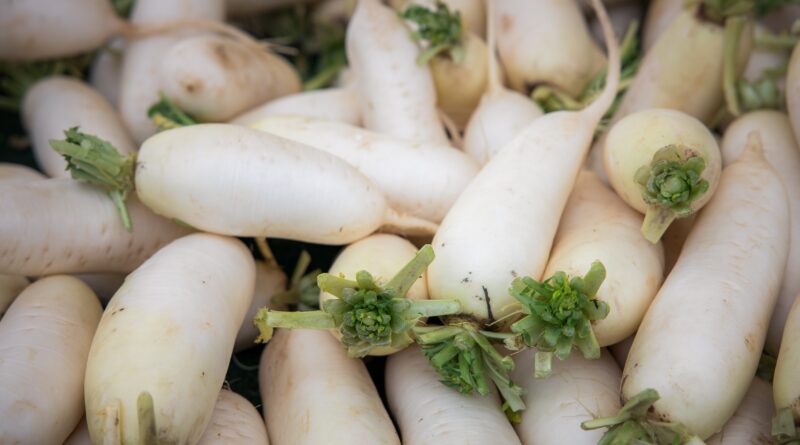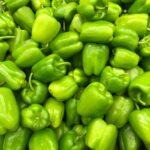Daikon Yakusha (Daikon Radish Actor)
Daikon Yakusha
大根役者
Yesterday, I talked about the word “daikon ashi” (daikon radish legs).
昨日は、大根足という言葉を紹介しました。
Today, I’d like to talk about the Japanese word “daikon yakusya”, which also uses a vegetable daikon radish.
今日は、同じく大根を使った言葉「大根役者」を紹介します。
The literal meaning is a daikon radish actor, and expresses an actor who gives a bad performance.
大根役者は、演技の下手な役者を指す言葉です。
There are various theories about the etymology, but I will show you the two of them today.
語源には幾つも説がありますが、今日は代表的な二つを紹介します。
One is that almost all dishes of daikon radishes never cause food poisoning (“to have food poisoning” is called “atarru” in Japan), so they came to mean “the actor won’t be a big hit” (“to be a hit” is called “ataru” in Japan).
一つは、大根はどんな調理でも食あたりしないことから、あたらない(ヒットしない)役者を表すようになったという説です。
The othe one is that daikon radishes are white (“shiro” in Japanese), so amateurs (“shiroto” in Japanese) came to be called daikon.
もう一つは、大根は白いので、素人の「しろ」とかけたという説です。
I heard that a daikon radish actor is called “a ham actor” in English.
英語圏では、大根役者を “ham actor” と呼ぶそうです。




